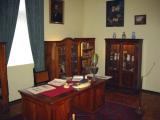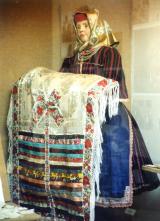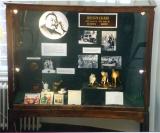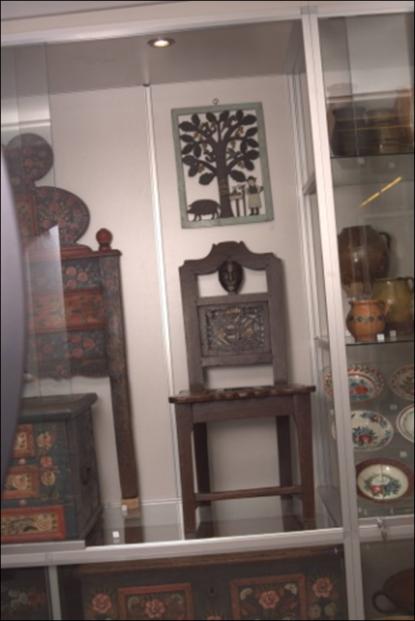2025. April 16. Wednesday
Palóc Museum - Balassagyarmat

|
Address: 2660, Balassagyarmat Palóc liget 1.
Phone number: (35) 300-168, (35) 500-133
E-mail: info@palocmuzeum.hu
Opening hours: Sat-Sun 9-16
|



